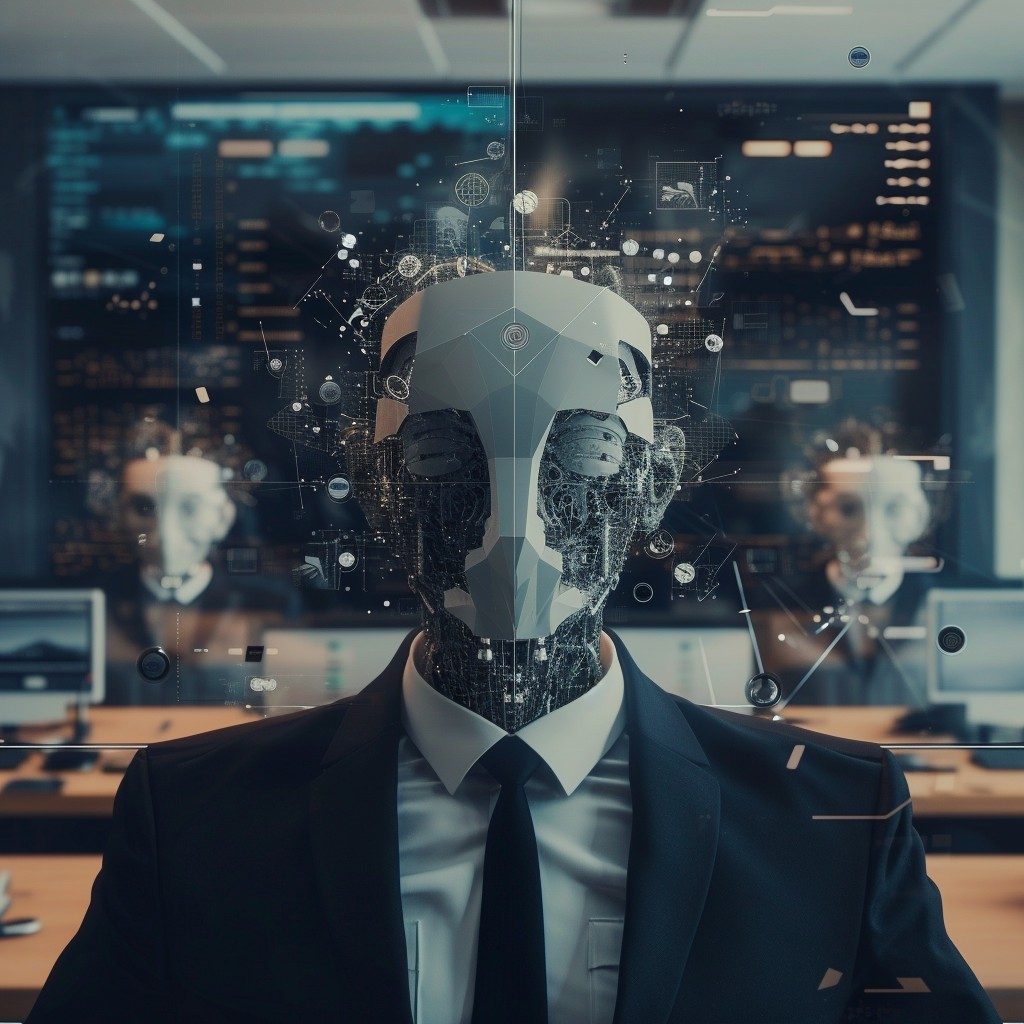Remember the sheer joy of unwrapping a Nintendo 64 on Christmas morning and the ecstatic cry of “Nintendo Sixty-FOOOOOOOOOOOUR!”? For many, that moment of pure delight represents the magic of groundbreaking technology. As an adult, I experienced a similar thrill when I first witnessed OpenAI’s ChatGPT and its remarkably human-like responses. However, my initial elation soon gave way to concern as I realized the potential for AI to be used for nefarious purposes. Who controls AI, and what are their motives?
The emergence of AI dominance by big tech
In today’s digital landscape, tech giants like Apple, Facebook (Meta), Google (Alphabet), and Microsoft are poised to dominate the burgeoning AI market. We are witnessing the formation of data monopolies right before our eyes, demanding vigilant scrutiny of the decisions these tech firms make in shaping AI’s future.
Large language models (LLMs), the technology behind ChatGPT, are susceptible to manipulation. To understand this, let’s dissect the components that make ChatGPT’s secret sauce: the algorithm and a mechanism for collecting feedback to enhance the model, known as Reinforcement Learning from Human Feedback (RLHF).
Imagine you ask ChatGPT, “How do I write an article for Fox News on AI?” The computer generates an initial response, and if it’s subpar, a human rater flags it as such. The AI then iterates, seeking our approval for a revised version using a “reward function” to optimize its policy framework.
The subjectivity of feedback rating and the “Woke” Factor
This process raises significant questions: Who gets to be a feedback rater? What if a rater holds a “woke” ideology, and their subjective bias influences them to downgrade responses that others might deem valid? The potential for bias in the feedback loop is a legitimate concern, as even Sam Altman, the CEO of OpenAI, acknowledges.
Sam Altman aptly expresses his concern, stating there will likely be no universally accepted version of an unbiased AI. He singles out the bias of human feedback raters as a primary source of unease. The challenge of selecting unbiased raters and verifying a representative sample remains a complex issue yet to be fully addressed.
A glimpse into ethical dilemmas to reinforce learning from AI feedback
Recent research from Google introduces an intriguing concept: Reinforcement Learning from AI Feedback. This approach implies that AI, rather than humans, may determine policy framework determinations. This evolution raises profound ethical questions about the role of AI in shaping our information landscape. The path ahead remains uncertain, and ethical concerns linger on the horizon.
The datasets used to train AI models are another crucial factor in shaping AI bias. Questions arise: Who curates these datasets, and can they be subtly tailored to emphasize a particular agenda held by the parent company? This concern is amplified by Big Tech’s substantial control over the data, granting them a competitive edge in LLM performance.
Mitigating the advantage to Level the playing field
To address this concern, we must explore options to mitigate the competitive advantage of tech giants in AI. One potential solution involves breaking up these tech companies through monopoly regulation. The rationale is straightforward: corporations responsible for vital AI algorithms should not be the sole designers and implementers of RLHF mechanisms.
While advocating for ethical oversight and regulation, we must acknowledge that tech firms possess substantial resources and data assets. More data results in smarter AI, which can benefit society immensely. The debate centers on finding a balance between innovation and ethical responsibility.
The smoldering issue of AI bias must not be ignored, for where there’s smoke, there’s often fire. Tech companies harboring their agendas, from data manipulation to algorithm development, pose genuine threats to the future of free speech and unbiased AI. As we look toward the future, society must engage in thoughtful discourse on these matters, form informed opinions, and use resources and influence to ensure that we do not surrender the fate of our society to the unchecked power of Big Tech and the rise of “woke AI.”
The possibilities of AI are immense, but it is our collective responsibility to shape its future ethically, ensuring that it serves the best interests of humanity and preserves the values of free speech and diversity of thought.





